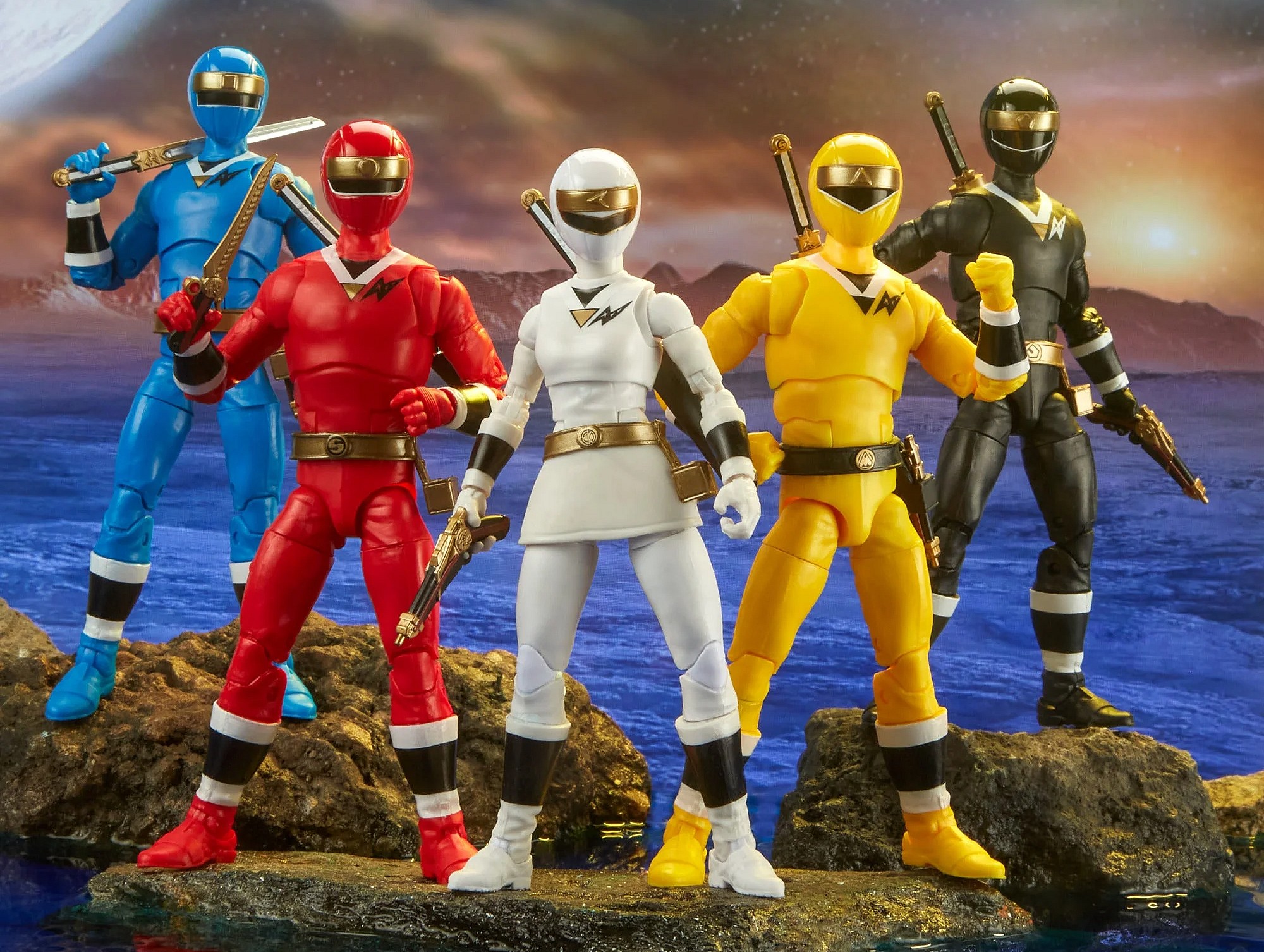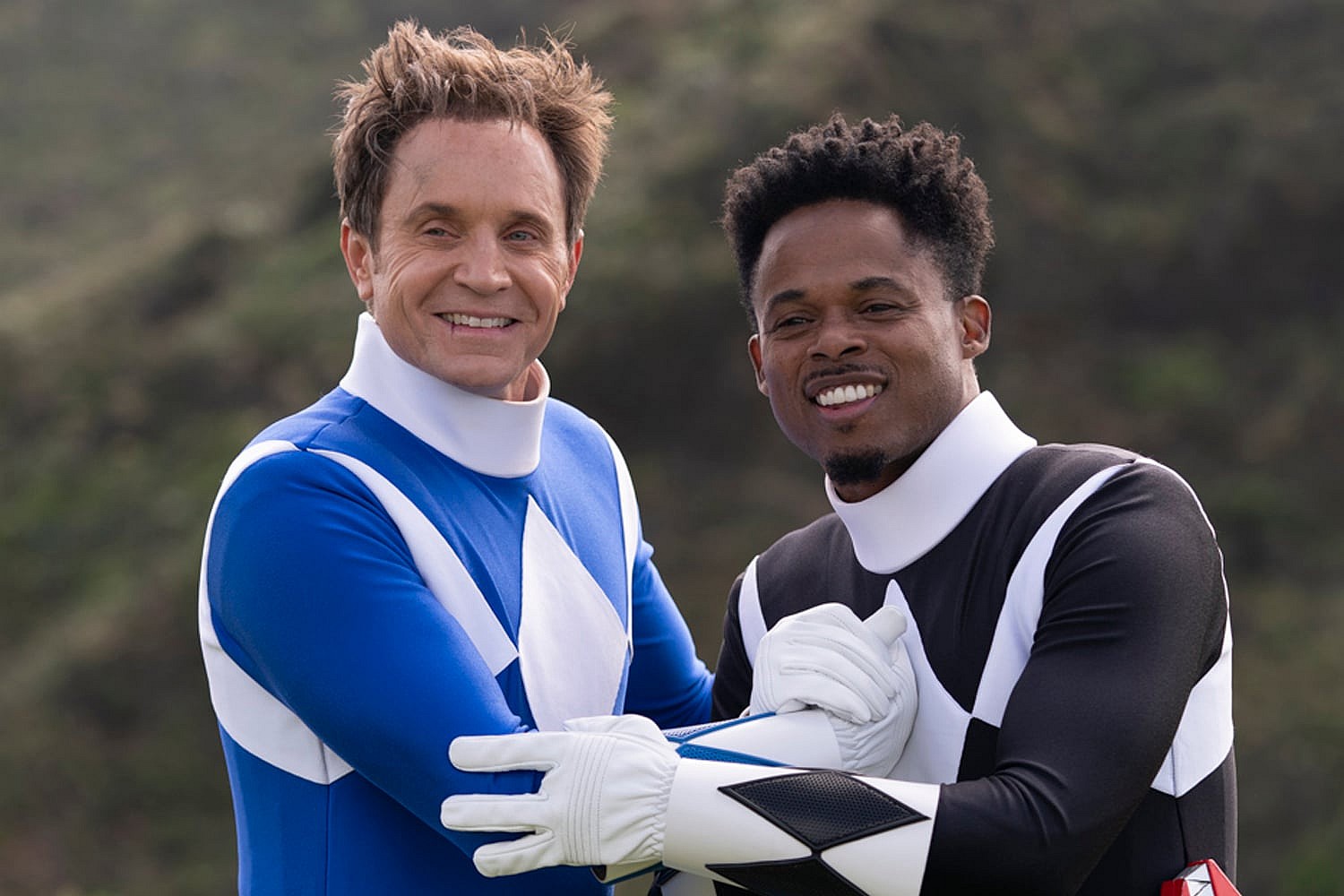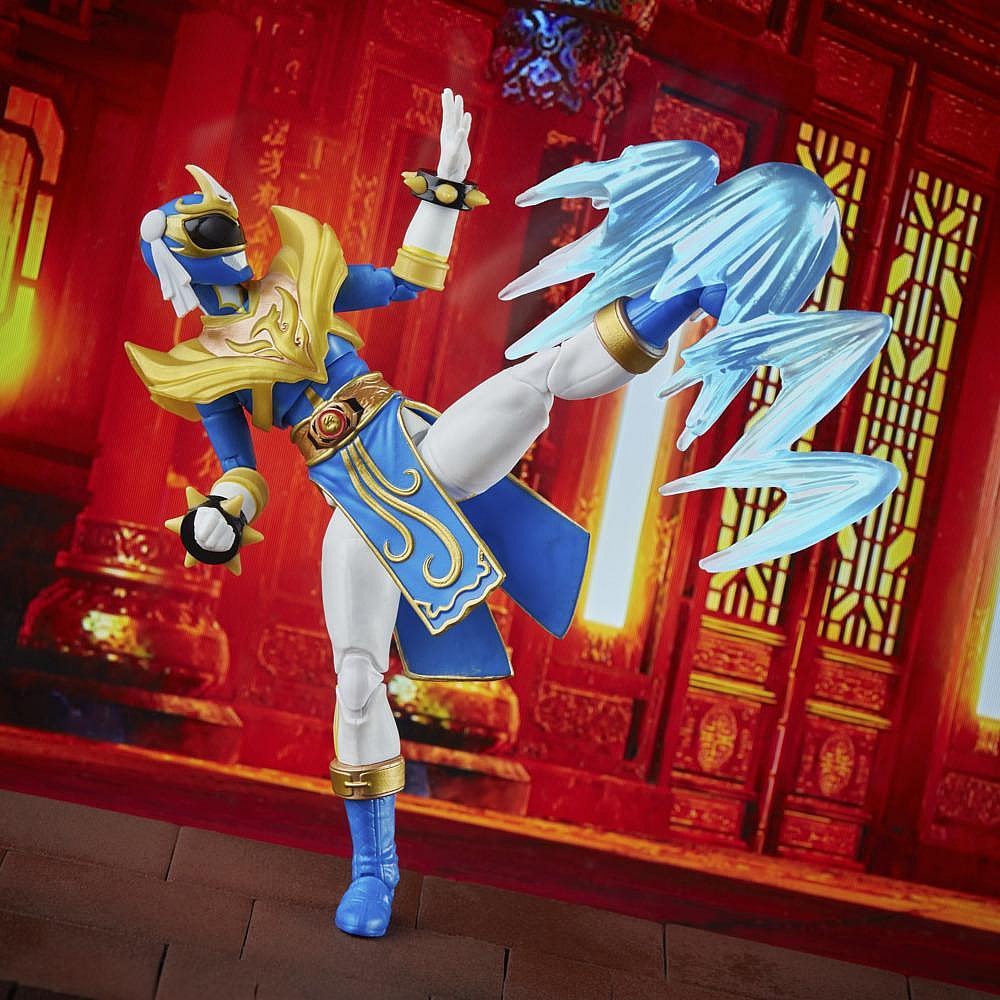Hasbro Admits Recent Playmates Deal Motivated By Lack Of ‘Power Rangers’ Profits: “We’re Basically Done Without Licensing”

In providing further proof that their stewardship of the popular Super Sentai adaptation has been nothing short of absolutely disastrous, Hasbro has admitted that their recent agreement to license the production of Power Rangers toys to rival manufacturer Playmates was signed primarily because the brand is currently failing to turn a significant profit.

As announced by Hasbro on April 22nd, said licensing deal will grant the Hong Kong-based Playmates the rights “to develop additional cross-category POWER RANGERS products, including action figures, blasters, plush, role play, vehicles and accessories” and distribute them in “all regions excluding Asia.”
Meanwhile, Hasbro themselves will “retain all entertainment rights and will continue to drive global strategy and growth for the POWER RANGERS franchise by strategically working with licensees across multiple categories, including publishing, fashion and footwear, promotions and more.”

At the time of the deal’s announcement, neither of the two involved parties provided any insight as to the motivating factors behind their new partnership.
However, just a few days later, Hasbro CEO Chris Cocks would ultimately reveal that the deal was signed in response to the disappointing sales numbers the Power Rangers brand had posted in recent years.

Fielding investor questions during Hasbro’s Q1 2024 earnings call on April 24th, Cocks was asked by Wolfe Research analyst Fred Wightman if the “early success” the company had seen with both their Power Rangers deal and their previous licensing of the Littlest Pet Shop to manufacturer Basic Fun! would “change how you’re thinking about the need to own versus license some of these consumer product brands going forward,” Cocks asserted, “No. I mean, I think it’s validating that we made the right choice.”
“Two years ago, we outlined what our selection criteria would be,” recalled the CEO. “Basically, ‘Can we generate $50 million in revenue at a 10% operating profit?’ and ‘Can we grow to $100 million or more revenue at a 15% operating profit on a line?’ And so basically, we’ve chosen the lines to outsource that we don’t think meet those thresholds.”

“But another company with maybe a different cost structure or a different set of expertise could still make a really nice business even if it was sub-$50 million,” he added. “So I think we’re basically done without licensing.”
Drawing his thoughts on the matter to a close, Cocks ultimately informed Wightman, “We certainly will be driving cross-licensing and leveraging our brands for category expansion and new product opportunities like we’re doing with LEGO, like we’re doing with Mattel, like we’re doing with location-based entertainment. But I think Power Rangers is probably — it’s probably the last brand that we will outsource.”

Notably, while disappointing, this reveal that the Power Rangers brand has been failing to post any significant toy sales for at least two years comes as little surprise given how Hasbro has absolutely mismanaged the brand since acquiring it in 2018.
From attempting to move the franchise away from its Super Sentai roots, to putting the series on ice for the foreseeable future following the conclusion of Cosmic Fury, to focusing merchandise primarily on the Mighty Morphin’ team, thus reducing interested customers from children and older collectors to solely the latter, recent years have been, to say the least, rough for the fan-favorite franchise.

